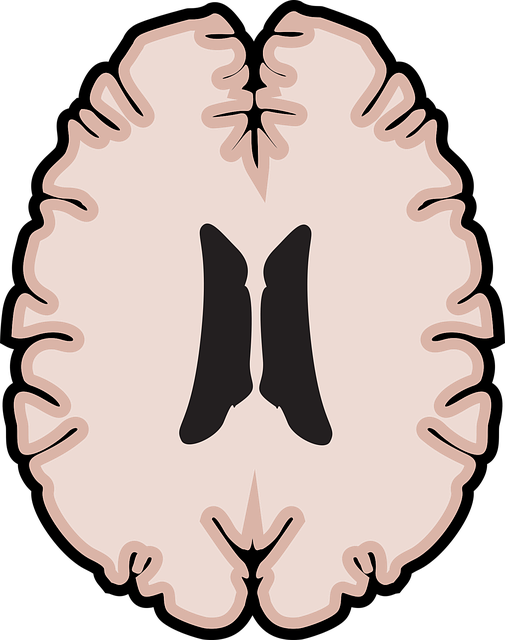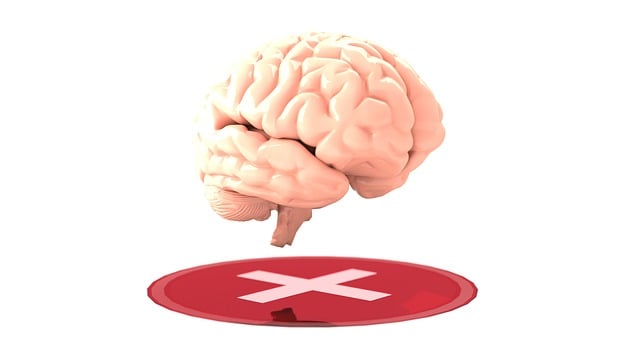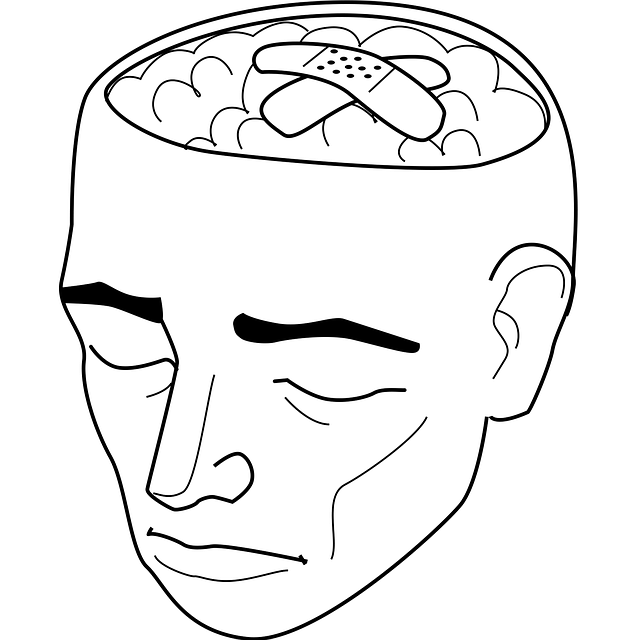Denver Mindfulness Therapy offers a holistic, evidence-based approach to mental wellness, integrating mindfulness practices, CBT, and personalized care tailored to cultural backgrounds and individual experiences. The growing demand for accessible therapeutic tools is reflected in the popularity of mental wellness apps, which provide guided meditations, stress management techniques, and community support. A successful app should include features like customized exercises, mood tracking, reflective writing prompts, and community forums, fostering open conversations about mental health while adhering to ethical standards through robust risk management. Continuous updates based on user feedback and market trends are crucial for maintaining the app's relevance and effectiveness.
“Unleash the power of mental wellness with an innovative app inspired by Denver Mindfulness Therapy—a holistic approach to modern well-being. This comprehensive guide explores the burgeoning market for mental health apps, targeting stressed individuals seeking guidance. We delve into key features, from mindfulness exercises to personalized plans, that ensure user engagement.
The development process, including launch strategies and continuous improvement, offers a roadmap for creating impactful apps. Discover how Denver Mindfulness Therapy principles can revolutionize digital mental wellness.”
- Understanding Denver Mindfulness Therapy: A Holistic Approach to Mental Wellness
- Market Analysis and Target Audience for Mental Wellness Apps
- Key Features and Functionality of a Successful Mental Wellness App
- Development Process, Launch, and Continuous Improvement Strategies
Understanding Denver Mindfulness Therapy: A Holistic Approach to Mental Wellness

Denver Mindfulness Therapy represents a holistic approach to mental wellness, integrating various techniques from mindfulness practices, cognitive behavioral therapy (CBT), and other evidence-based treatments. This comprehensive methodology acknowledges that mental health is deeply connected to overall well-being, encompassing not just the mind but also the body and spirit. By fostering cultural sensitivity in mental healthcare practice, Denver Mindfulness Therapy ensures that each individual receives personalized care that respects their unique background, beliefs, and experiences.
The practice places a strong emphasis on risk assessment for mental health professionals, as well as thorough risk management planning. This proactive stance helps to mitigate potential risks, ensuring both the safety of patients and the resilience of healthcare providers. Through these strategies, Denver Mindfulness Therapy strives to create a safe, supportive environment where individuals can explore their mental health concerns, cultivate coping mechanisms, and achieve lasting improvements in their lives.
Market Analysis and Target Audience for Mental Wellness Apps

The market for mental wellness apps is experiencing rapid growth, reflecting a growing awareness and demand for accessible therapeutic tools. These apps cater to a diverse range of users seeking solutions for various mental health concerns, from stress management and anxiety relief to self-esteem improvement. Denver Mindfulness Therapy, for instance, has gained popularity by offering guided meditations and mindfulness exercises tailored to individual needs.
The target audience for these apps is broad and inclusive, encompassing individuals experiencing everyday stress, those dealing with specific anxiety disorders, and even users looking to enhance their overall well-being. By focusing on evidence-based practices such as cognitive behavioral therapy (CBT) techniques and mindfulness meditation, developers cater to a wide range of mental health needs. Additionally, some apps include community outreach program implementations, fostering connections among users facing similar challenges, which can be instrumental in promoting mental wellness and reducing feelings of isolation.
Key Features and Functionality of a Successful Mental Wellness App

A successful mental wellness app should offer a comprehensive suite of features designed to support users’ emotional well-being and enhance their journey towards mindfulness. Key functionalities include tailored meditation and relaxation exercises, accessible anytime, anywhere—perfect for individuals seeking Denver Mindfulness Therapy as part of their daily routines. These sessions can be customized based on personal preferences and progress, ensuring each user receives a unique experience.
Additionally, the app should incorporate tools for tracking mood, stress levels, and sleep patterns, enabling users to gain valuable insights into their mental health. Empathy Building Strategies, such as reflective writing prompts and community forums, foster connection and understanding among users. By promoting open conversations about Mental Health Awareness, these features create a safe space where individuals can share experiences, offer support, and learn from one another. Effective stress management techniques, including breathing exercises and guided visualizations, complete the app’s holistic approach to mental wellness.
Development Process, Launch, and Continuous Improvement Strategies

The development process for a mental wellness app, like Denver Mindfulness Therapy, begins with understanding user needs and designing features that address specific challenges in mental health care. This includes incorporating evidence-based practices such as mindfulness exercises, cognitive behavioral therapy techniques, and stress management tools tailored to individual users’ preferences. After prototyping and testing, the app is launched, marking a significant milestone. However, the work doesn’t stop there; continuous improvement strategies are essential for keeping up with evolving mental health research and user expectations. Regular updates that incorporate new features like Social Skills Training or enhance existing functionalities based on user feedback ensure the app remains relevant and effective.
Additionally, implementing a robust Risk Management Planning for Mental Health Professionals is crucial to maintaining safety and ethical standards. This includes integrating tools for confidential data storage, crisis management, and resources for professionals’ self-care. Furthermore, engaging in Community Outreach Program Implementation can expand the app’s reach and impact, fostering mental wellness awareness and accessibility among diverse communities. Regularly assessing user engagement, feedback, and market trends guides future development directions, ensuring the app continues to provide valuable support for users’ mental wellness journeys.
Denver Mindfulness Therapy offers a holistic approach to mental wellness, and its integration into app development can revolutionize access to care. By understanding market needs and targeting specific demographics, developers can create apps with robust features like guided meditations, mood tracking, and community support groups. A successful launch and continuous improvement process, including user feedback and data analysis, ensure the app remains effective and engaging. With strategic planning, mental wellness apps have the potential to significantly impact lives, making Denver Mindfulness Therapy a valuable model for the industry.










